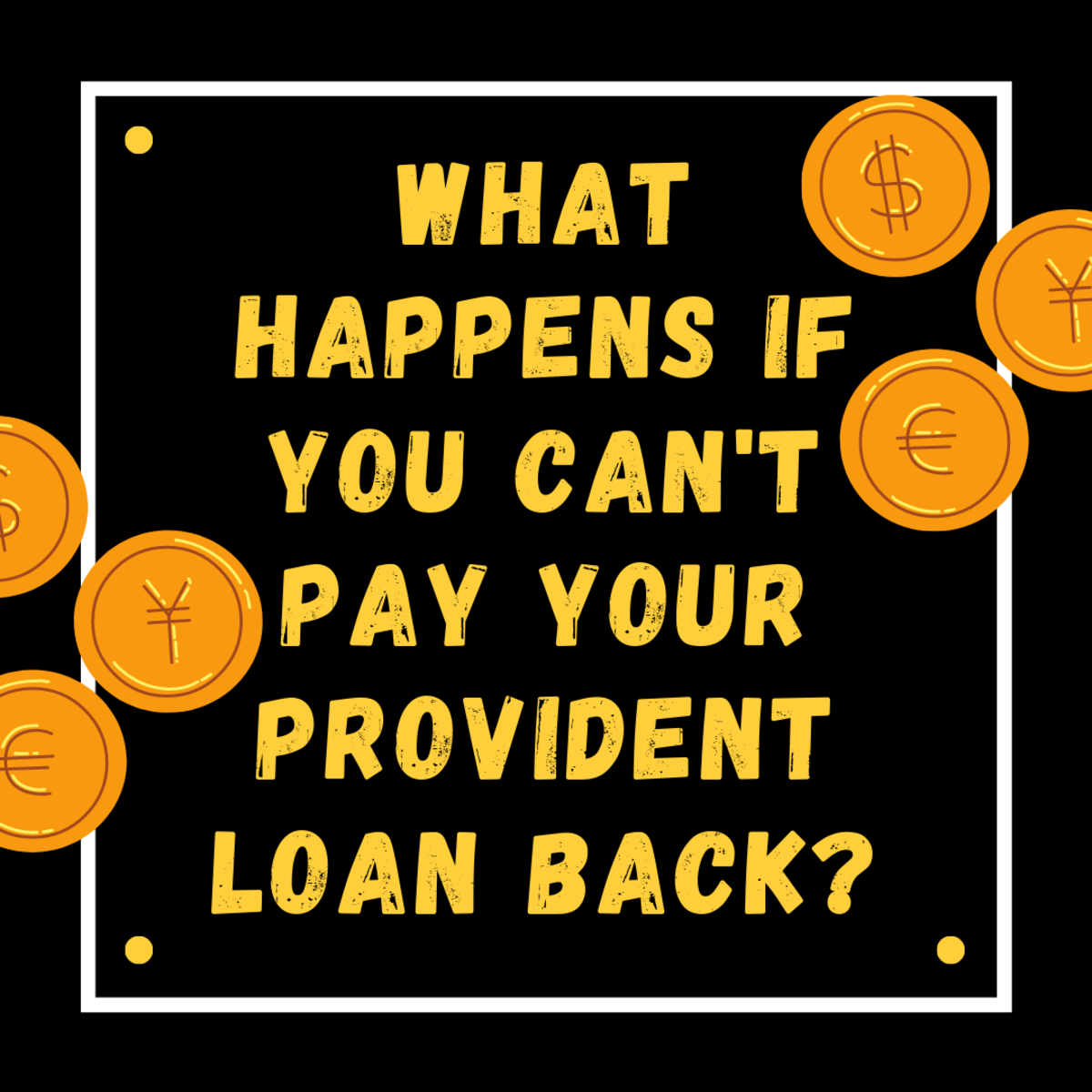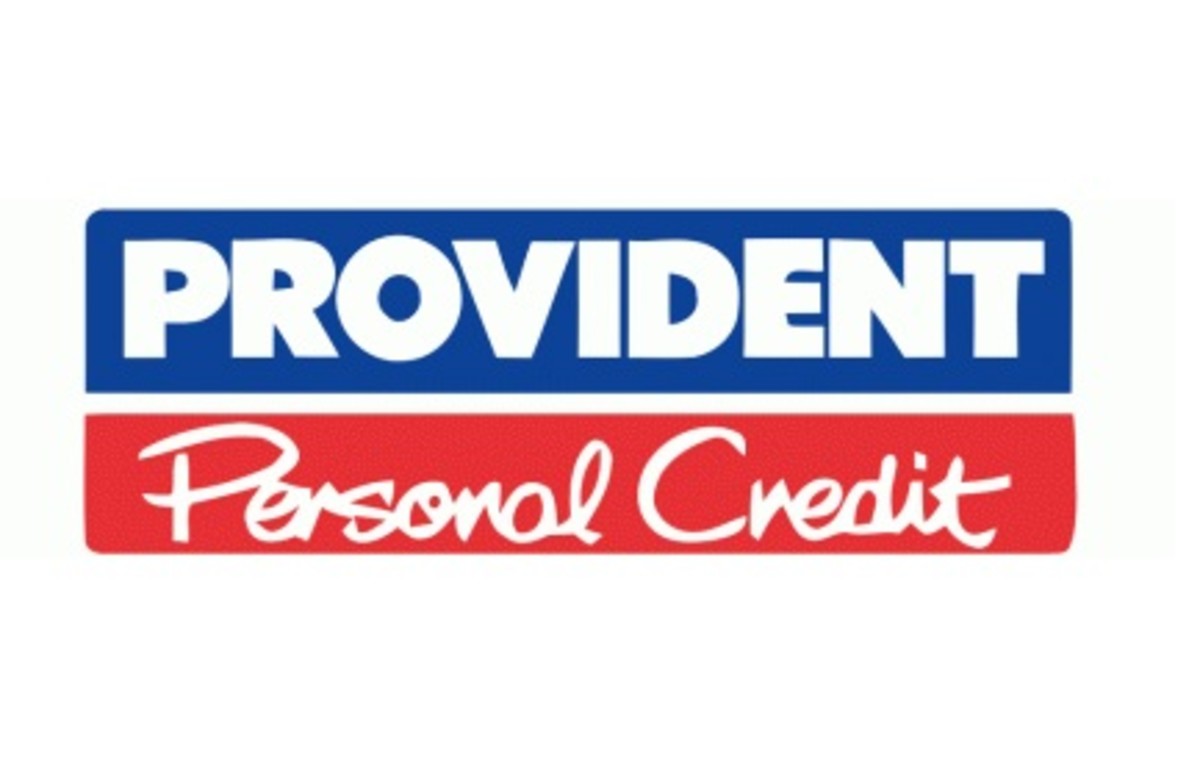Can You Afford a Car Loan? 5 Things to Consider
Do you want to buy a new car? Maybe you’re willing to buy a car that’s not even brand new but just happens to be a lot newer than the piece of junk that you’ve been driving around for the past ten years. Getting a new car can be smart even if it requires you to get a loan because it provides you with a more reliable means of transportation that should cost less in service and repairs and possibly even get better gas mileage. However, you have to make sure that the car loan you get is one that you can actually afford.
Here are five things to consider when trying to decide whether or not you can actually afford a new car loan?
1. What is the monthly payment for the car loan? Most people are fully aware that they need to look at this factor when deciding whether or not they can afford to get a car loan. You need to look closely at your budget and make sure that there is room in your existing spending to accommodate the additional cost of a monthly car payment. If accepting the car loan would mean that you have to live paycheck-to-paycheck for the life of the loan then you can’t really afford it. You need to be willing to look for a loan amount that you can genuinely afford.
2. How much money do you have for a down payment on a new car? A lot of people fail to take into consideration the fact that they can put a down payment on a car. This is smart primarily because it allows you to lower your monthly payments to a more reasonable amount. If you look into a car loan and can’t afford the monthly payments then consider saving up enough money to put down a sizeable down payment in order to reduce the monthly cost before getting the loan. Paying a down payment is also financially smart because it means that you take a lower loan amount so you’re paying less in interest over time and therefore getting a lower price for the car.
3. How much is insurance going to cost on this vehicle? While you are in the process of paying off a car loan you are usually required to get full coverage insurance on the vehicle. You need to make sure that you understand the full cost of insuring the vehicle. That cost needs to be factored into your budget as well. If you can make the car loan payments but you can’t make the additional insurance payments for the new car then you can’t actually afford to get the car loan at the current time. Don’t get discouraged. You may be able to afford a less expensive car or a different type of car. Some cars, such as sports cars, tend to have much higher insurance costs than other cars do so it’s just a matter of finding the car that has an insurance rate that you can afford.
4. What is the interest rate offered on the loan? You need to be smart about getting a loan that offers the lowest interest rate possible. The higher the interest, the more that you’re paying in total for the car. It’s wise to shop around and compare loans with an eye towards the interest rate. You may want to consider getting your loan from an alternative lending source. For example, you could get a loan through a social lending website site such as Lending Club, which may provide you with a lower interest loan than a loan through your bank. Explore all of your options to get the best rate possible.
One thing to keep in mind is that your personal credit history and credit score will affect the interest rate on your loan. Before getting your car loan you should order a copy of your free credit report. Dispute anything that is incorrect on the report in order to immediately improve your credit score. Also look to see if there are any areas where you can make improvements on your own, such as making on-time payments to companies that you’ve been making late payments with recently. Waiting a few months to get better credit can make a huge difference in terms of the amount of interest you end up paying on your car loan.
5. How long are you going to be paying on the car? When you take out a car loan, you will get a loan amount for a certain period of time such as 36 months or 60 months. Of course, the longer the term, the less that you have to pay each month for your monthly payment but the longer you’re going to take to pay off the loan. A longer-term loan typically means that you pay more in interest over the long run as well so the car costs more as a result. As you think about the term that you’re accepting, consider what will be happening in your life during that time period. For example, if you expect to start a family in three years then do you still want to be paying on a car loan when that added expense is incurred? Ideally, you should look to get a car loan that has the shortest term that you for which you can afford the monthly payments.
Make sure to consider all five of these factors to help you select the best car loan!









